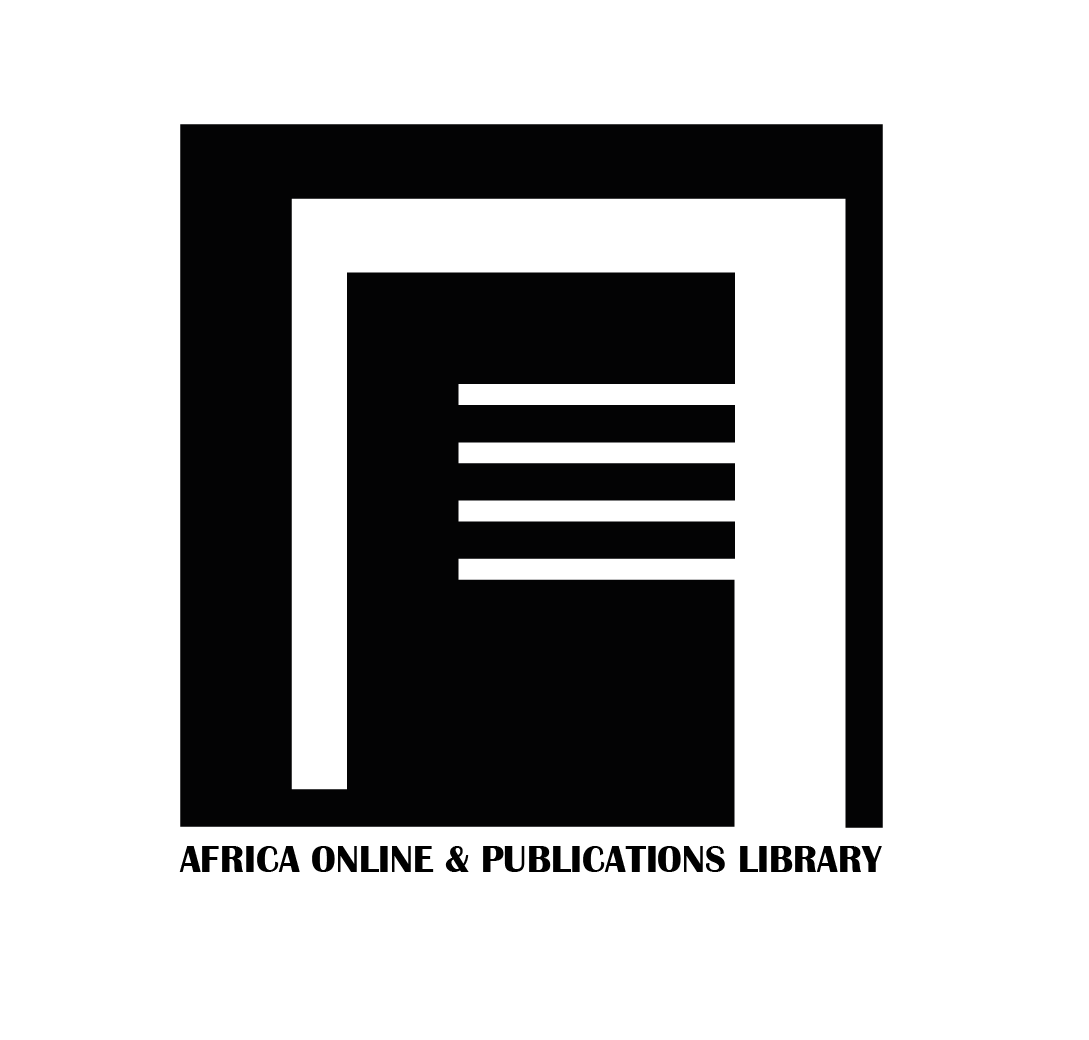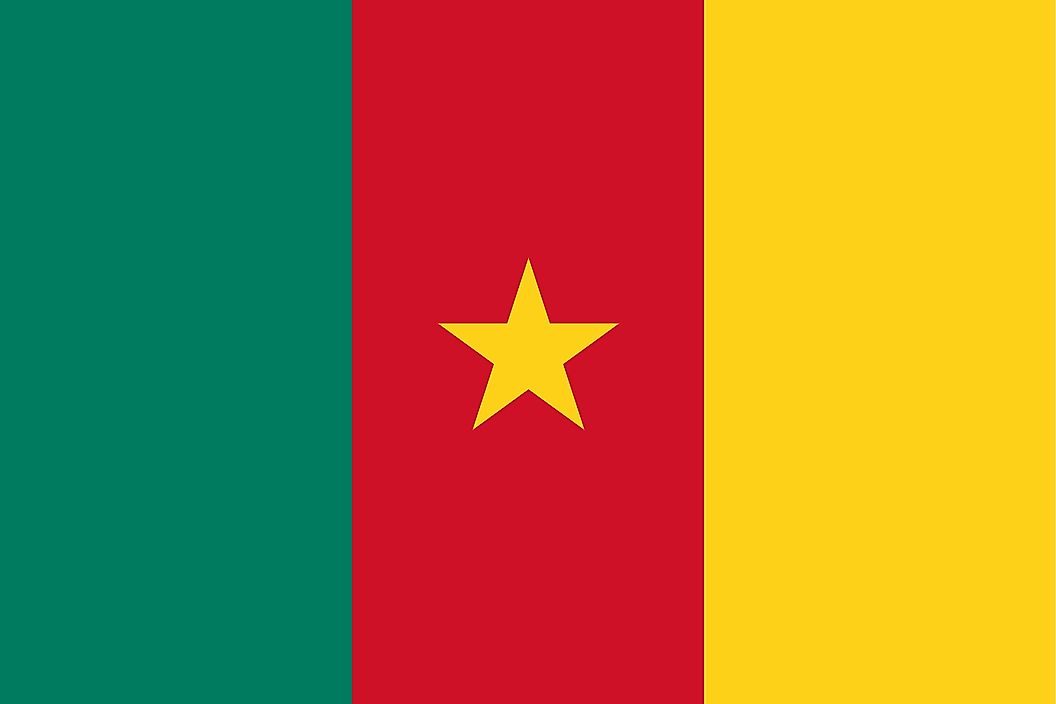Abstract
Cameroon has remained one of the most corrupt countries in the world since she was ranked world champion for corruption in 1998 and 1999 by Transparency International. This prompted the government to put in place a battery of mechanisms to prevent and combat it. The first major steps took place in mid-2000 with the ratification of the UN Convention Against Corruption and the creation of institutions such as CONAC, ANIF, the Audit Bench of the Supreme Court etc. It is also during this period that the ̳operation sparrow hawk‘ that has ensnared many top-ranking State functionaries started and subsequently triggered the creation of the Special Criminal Court in 2011. Several reforms have equally been taken to ensure transparency in Public Financial Management, public administration and the procurement system. The 2016 Penal Code has internalized most of the offences under the UN Convention Against Corruption. Thus the problem this study seeks to investigate hinges on the fact that a lot of effort has been marshaled to fight against corruption but unfortunately, impunity and systematic corruption continue to dominate every sector in the country. As such, the main question this research strives to answer is how efficient are the measures put in place to fight against corruption in Cameroon.We have argued that despite these mechanisms, the rate of corruption in the country remains alarming. In justification of this, our main objective was to carry out a critical analysis of the mechanisms put in place to fight against corruption in Cameroon. This objective was supported by the hypothesis that the mechanisms for the fight against corruption in Cameroon are inefficient. The testing of this hypothesis led to the same conclusion. Accordingly, the qualitative research methodology enabled us to use a doctrinal and comparative approach. As such primary and secondary sources were consulted. Despite the problems encountered, a conclusion was arrived at to the effect that Cameroon has put in place legal and institutional frameworks for the fight against corruption, which have remained ineffective as a result of limited political will, inefficient legal framework, low salaries in the public, a culture of impunity and absence of independence of anti-corruption bodies and that of the judiciary. All these serve as incentives for corruption. Consequently, we recommend inter alia that to effectively combat corruption in Cameroon, there must be a review of the various institutions responsible for checks and balances over political power to give them independence to operate without intimidation. There should be the creation of specialized courts in charge of repressing corruption and conducts such as illicit enrichment and the non-declaration of assets should be criminalized. This must be followed by a reform of the judiciary to give its status of a power capable of combatting corruption without executive interfereance.


